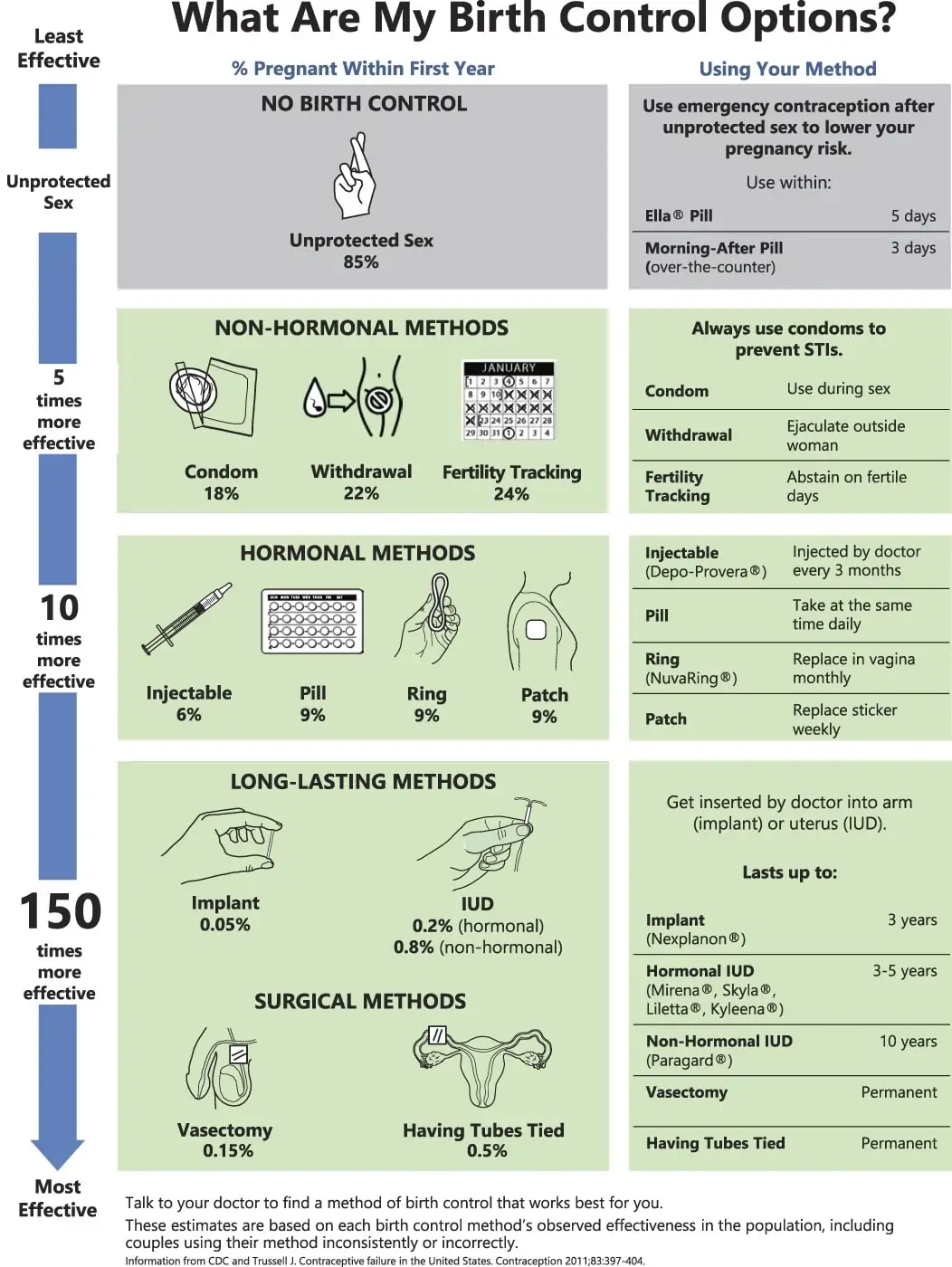Oral birth control medications are extremely effective, but they do have minimal side effects. Many women have reported weight gain, lack of energy, problems with vision, mood changes, lack of sex drive, breast tenderness, and headaches.
Oral forms of birth control are available in different dosages and can be adjusted to help reduce the risk of side effects. If a patient begins to experience any side effects from the oral birth control that has been prescribed for them, they need to report them to their doctor. The doctor can then decide to either alter the dosage or choose another method birth control.
Before a diagnosis of infertility is made, a doctor will evaluate the patient’s attempts to conceive and try to determine the cause. If hormones are ruled out, the doctor may look to the reproductive system to determine if there is a health problem or if it is functioning improperly.

